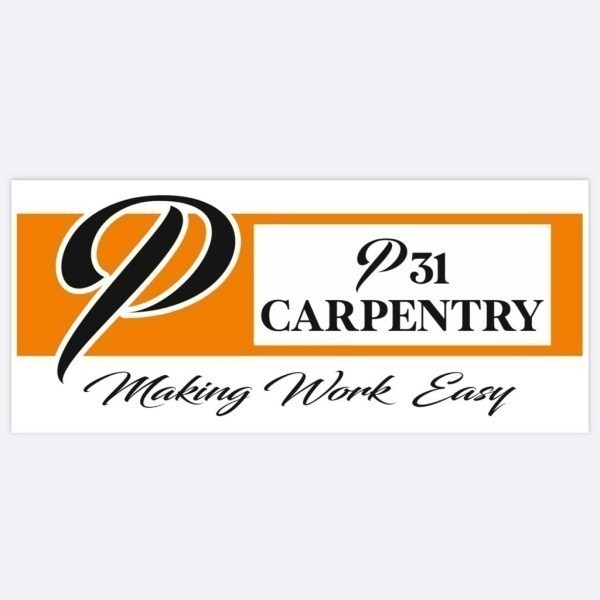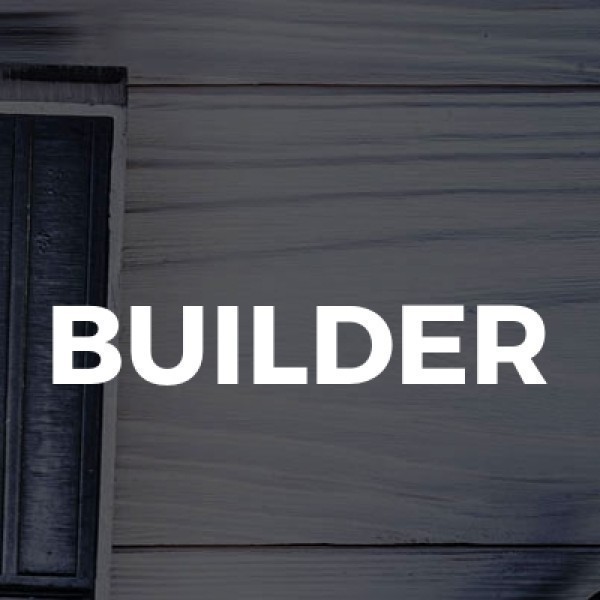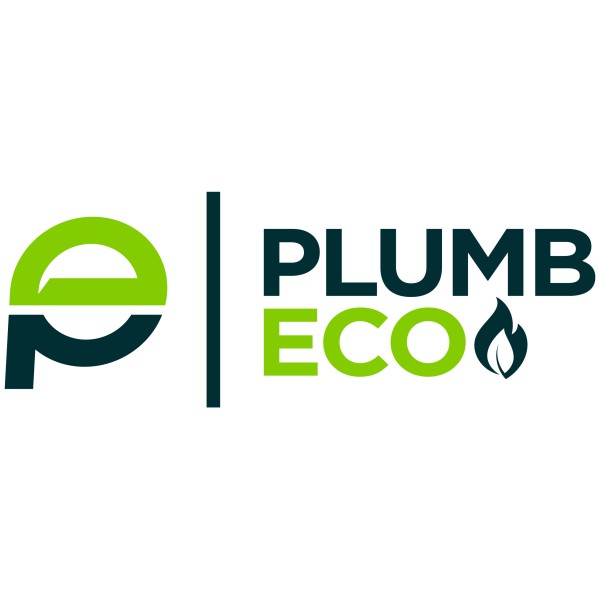Bathroom Fitters in Bristol
Filter your search
Post your job FREE and let trades come to you
Save time by filling out our simple job post form today and your job will be sent to trades in your area so you can sit back, relax and wait for available trades to contact you.
Post your job FREESearch Bathroom Fitters in Bristol by town
Understanding Bathroom Installation in Bristol
Embarking on a bathroom installation in Bristol can be an exciting yet daunting task. Whether you're renovating an old bathroom or building a new one, understanding the process is crucial. This guide will walk you through everything you need to know, ensuring your project runs smoothly from start to finish.
Planning Your Bathroom Installation
Before diving into the installation, it's essential to have a solid plan. Consider the layout, design, and functionality of your new bathroom. Think about who will use the space and how often. Will it be a family bathroom, a guest bathroom, or a luxurious en-suite? Each type has different requirements and considerations.
- Layout: The layout is the backbone of your bathroom design. Consider the placement of fixtures like the toilet, sink, and shower. Ensure there's enough space for movement and storage.
- Design: Choose a design that reflects your style. Whether you prefer a modern, minimalist look or a classic, traditional style, your bathroom should be a reflection of your taste.
- Functionality: A bathroom should be functional. Consider features like water-saving fixtures, ample lighting, and easy-to-clean surfaces.
Budgeting for Your Project
Setting a budget is a critical step in any renovation project. Bathroom installations can vary significantly in cost, depending on the materials and fixtures you choose. It's essential to have a clear idea of how much you're willing to spend before you start.
- Materials: The cost of materials can vary widely. High-end tiles and fixtures will cost more than budget options.
- Labour: Hiring professionals for installation can be costly, but it ensures the job is done correctly.
- Unexpected Costs: Always set aside a portion of your budget for unexpected expenses. You never know what you might find once you start tearing out old fixtures.
Choosing the Right Professionals
Hiring the right professionals can make or break your bathroom installation. Look for experienced and reputable contractors in Bristol. Check reviews and ask for references to ensure you're hiring someone trustworthy.
- Plumbers: A skilled plumber is essential for installing fixtures and ensuring proper water flow.
- Electricians: If your project involves electrical work, hire a qualified electrician to handle it safely.
- Tilers: A good tiler can make a significant difference in the appearance of your bathroom.
Obtaining Necessary Permits
Before starting your bathroom installation, check if you need any permits. In Bristol, certain renovations require approval from the local council. Failing to obtain the necessary permits can lead to fines and delays.
- Structural Changes: If your project involves structural changes, you'll likely need a permit.
- Plumbing and Electrical Work: Major plumbing and electrical work may also require approval.
Demolition and Preparation
Once you've planned and budgeted, it's time to prepare the space. This often involves demolishing the existing bathroom. It's a messy job, but it's necessary to make way for the new installation.
- Safety First: Wear protective gear and ensure the area is well-ventilated.
- Disposal: Arrange for the disposal of old fixtures and materials.
Plumbing and Electrical Work
With the old bathroom out of the way, it's time to focus on the plumbing and electrical work. This step is crucial for ensuring your bathroom functions correctly.
- Plumbing: Install new pipes and fixtures. Ensure everything is watertight to prevent leaks.
- Electrical: Install lighting, outlets, and any other electrical components. Ensure all work complies with safety standards.
Installing Fixtures and Features
Now comes the exciting part—installing the new fixtures and features. This is where your bathroom starts to take shape.
- Toilet and Sink: Install the toilet and sink according to your layout plan.
- Shower or Bath: Install your chosen shower or bath. Ensure proper sealing to prevent water damage.
- Storage Solutions: Add cabinets and shelves for storage.
Tiling and Flooring
Tiling and flooring are essential for both the look and functionality of your bathroom. Choose materials that are durable and water-resistant.
- Wall Tiles: Install wall tiles to protect against water damage and add style.
- Flooring: Choose slip-resistant flooring for safety.
Painting and Finishing Touches
With the major installations complete, it's time to add the finishing touches. Painting and decorating can transform your bathroom into a beautiful space.
- Paint: Choose a paint that's moisture-resistant and complements your design.
- Accessories: Add accessories like mirrors, towel racks, and soap dispensers.
Ensuring Proper Ventilation
Proper ventilation is crucial in a bathroom to prevent mould and mildew. Ensure your bathroom has adequate ventilation, either through windows or an exhaust fan.
- Exhaust Fan: Install an exhaust fan to remove moisture from the air.
- Windows: If possible, include windows that can be opened for natural ventilation.
Testing and Quality Checks
Before declaring your bathroom installation complete, conduct thorough testing and quality checks. Ensure all fixtures work correctly and there are no leaks or electrical issues.
- Water Flow: Test all taps and showers for proper water flow.
- Electrical Safety: Check all electrical components for safety and functionality.
Cleaning Up and Final Inspection
Once everything is installed and tested, it's time for a final clean-up. Remove any debris and give your new bathroom a thorough clean. Conduct a final inspection to ensure everything meets your standards.
- Debris Removal: Dispose of any remaining debris and materials.
- Final Clean: Clean all surfaces and fixtures.
Maintaining Your New Bathroom
To keep your new bathroom looking and functioning at its best, regular maintenance is essential. Follow these tips to ensure your bathroom remains in top condition.
- Regular Cleaning: Clean your bathroom regularly to prevent build-up of dirt and grime.
- Check for Leaks: Regularly check for leaks and address them promptly.
- Ventilation: Ensure your bathroom remains well-ventilated to prevent mould.
Frequently Asked Questions
- How long does a bathroom installation take? The timeline can vary, but most installations take between two to four weeks.
- Do I need a permit for a bathroom installation in Bristol? It depends on the scope of the project. Check with your local council for specific requirements.
- Can I install a bathroom myself? While some tasks can be DIY, hiring professionals is recommended for plumbing and electrical work.
- What is the average cost of a bathroom installation in Bristol? Costs can vary widely, but a typical installation ranges from £3,000 to £10,000.
- How can I make my bathroom more eco-friendly? Consider water-saving fixtures, energy-efficient lighting, and sustainable materials.
- What should I do if I encounter a problem during installation? Contact your contractor immediately to address any issues.
By following this comprehensive guide, you'll be well on your way to a successful bathroom installation in Bristol. With careful planning, budgeting, and the right professionals, your new bathroom will be a beautiful and functional space for years to come.

















